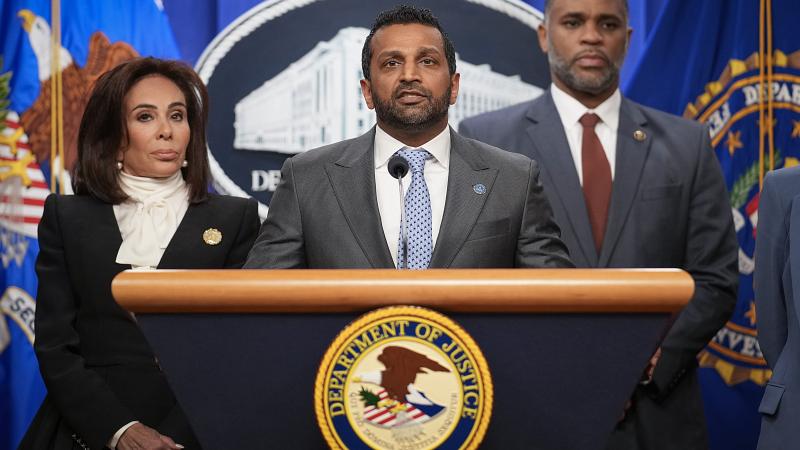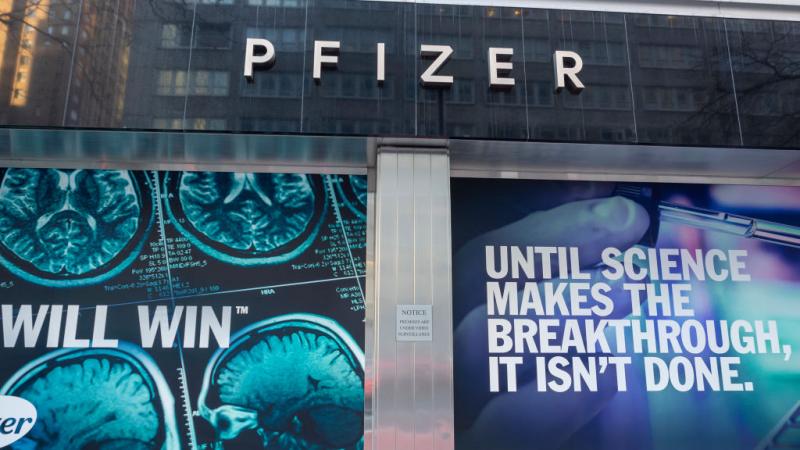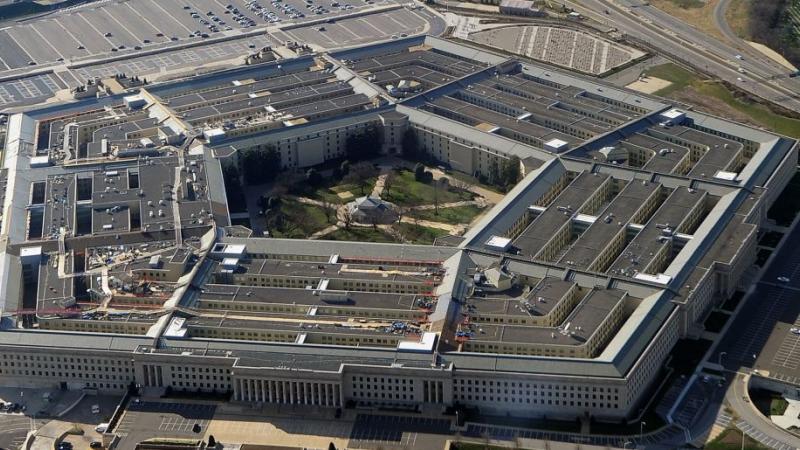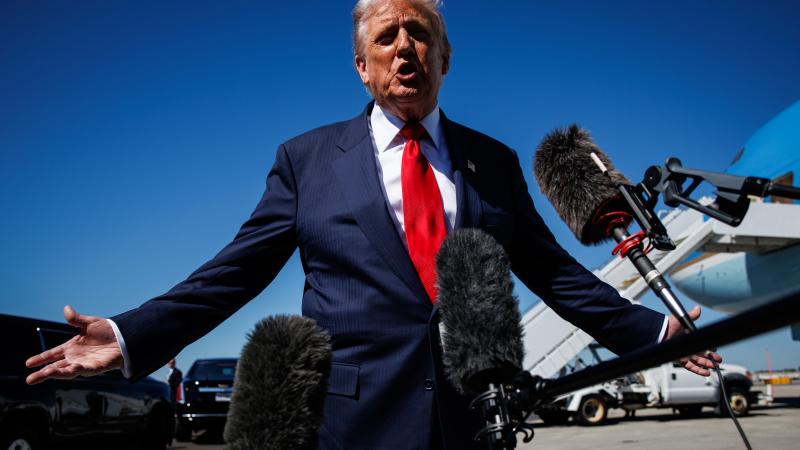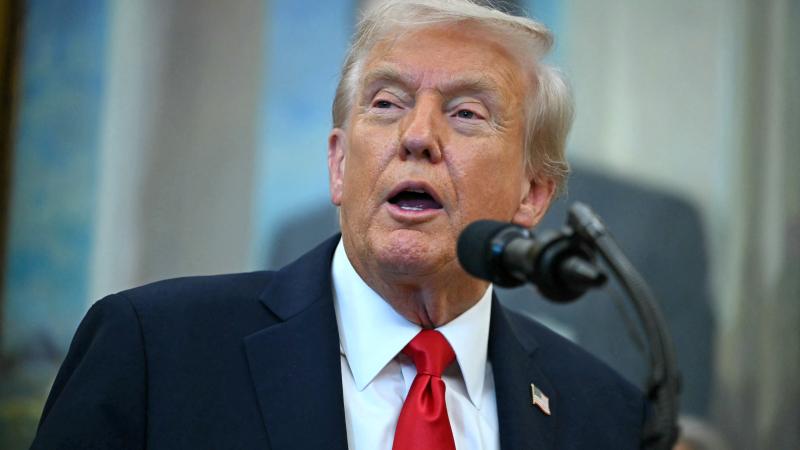Small government governors steadfast on not issuing stay-at-home orders
Nine Governors have yet to issue stay at home orders, seeking a way to keep life livable for their residents
Despite calls for action to the contrary, President Trump has resisted issuing a nationwide shelter-in-place order, stating repeatedly that he prefers to put such decisions into the hands of governors.
As of last week, about 90% of the U.S. population was under some type of state- or city-mandated stay-at-home order, but nine states have issued no such order.
Arkansas, Iowa, Nebraska, North Dakota, Oklahoma, South Carolina, South Dakota, Utah and Wyoming are all holding out on shutting down completely, as residents take it upon themselves to be careful about spreading the novel coronavirus.
None of the states resisting shelter-in-place orders are considered hotbeds for the infectious disease. All are governed by Republicans, who, to some degree campaigned on belief in small government.
South Dakota Gov. Kristi Noem spoke last week about her state’s response to the pandemic.
“The people themselves are primarily responsible for their safety," she said. "They’re free to exercise their rights to work, to worship and to play. Or to even stay at home, or to conduct social distancing."
Noem has also tried to draw a distinction between her state and geographic locations being hit hard by the virus.
“South Dakota is not New York City," she said. "It’s so important not to turn on the news and look at NYC and think that that’s what Lemmon, South Dakota, is going to face in a month, it’s absolutely not true.”
Noem has also been critical of politicians who act as though the pandemic is hitting all states equally.
“The calls to apply a one-size-fits-all approach to this problem is herd mentality, not leadership,” the governor said.
Supporters of some states not having stay-at-home orders argue they're holding up the U.S. economy, which has largely, otherwise shuttered. Another argument is several of the states are agriculture based, and are helping to keep the U.S. food supply running.
Nevertheless, U.S. Surgeon General Jerome Adams, this past weekend, asked states without a 30-day shelter-in-place plan to consider a 7-day order.
“Ninety percent of Americans are doing their part, even in the states where they haven’t had a shelter-in-place," he said on NBC’s “Meet the Press.” "But If you can’t give us 30 days, governors, give us a week, give us what you can so that we don’t overwhelm our health care systems over this next week, and then let’s reassess.”
Though none of the governors have yet to change course, most businesses in their states have modified their business plans to observe social distancing.
Restaurants have largely converted themselves to take-out and drive-through only. Childcare centers that remain open are only supervising the children of essential workers. Car dealerships are requiring their employees to remain six feet away from customers.
Precautions are being taken without direct state intervention. An end date for the pandemic is not yet in site, with that in mind, these governors are attempting to ensure that life for the residents of their states remains cautious but tenable for the foreseeable future.





